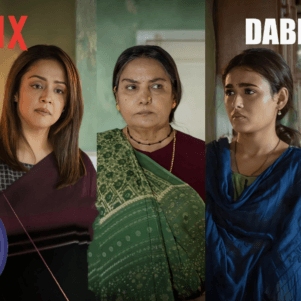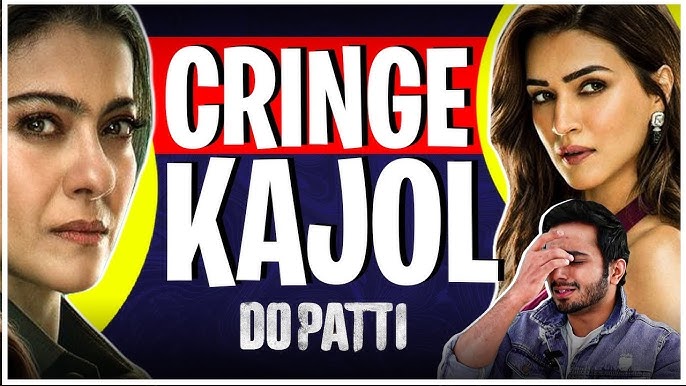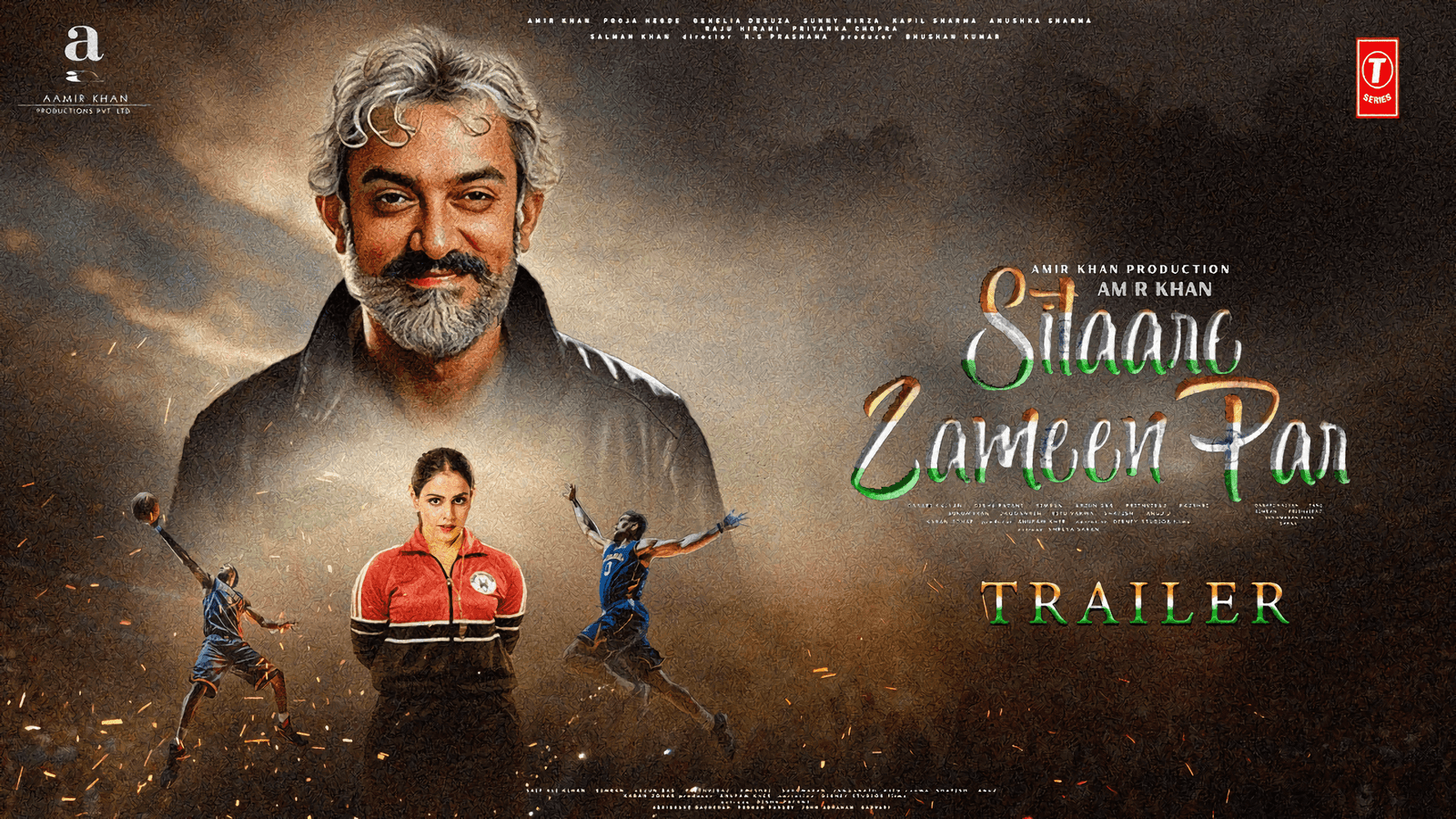
Under Fire: Controversial Reality Show
Political leaders, women’s rights organizations, and public reaction against Ajaz Khan’s most recent show on the Ullu OTT platform has been strong.
Under what was supposed to be an experimental reality idea, Khan interacted with young contenders on the show.
On camera, Khan was guiding and motivating female participants to depict and act out graphic sexual positions, according to internet video footage, though.
This startling video went viral fast and set out indignation on social networking sites. Many viewers reacted contempt, charging the program of encouraging profanity,
disrespecting women, and transgressing moral and cultural ideals of Indian society. Critics claim House Arrest breached ethical lines under the pretense of entertainment.
Steps In National Commission for Women
The National Commission for Women (NCW) acted right away in reaction to the viral clips and mounting public wrath.
Inquiring both Ajaz Khan and Vibhu Agarwal, the CEO of the Ullu App, the commission sent summons requesting them to show up before the NCW panel on May 9.
The commission claims that the material shown on the show sparked grave questions regarding the dignity, safety, and consent of the involved ladies.
The NCW vehemently objected to the broadcast, saying such kind of content encourages objectification and exploitation.
They underlined the need of internet platforms monitoring their content to guarantee it conforms with Indian laws and social standards.
The commission also emphasized the need of treating harshly anything that denigrates or forces women.
Political Leaders Objectify to the Show
Political leaders have responded to the debate as well. The chief of the Maharashtra BJP Mahila Morcha, Chitra Wagh, made a strong declaration demanding an instant display ban.
She said that such graphic material not only compromises women’s dignity but also shapes viewers’ brains, particularly those of the young people.
Wagh underlined that Ajaz Khan should pay severe legal penalties for supporting immoral behavior on a public venue.
Priyanka Chaturvedi, an MP from Shiv Sena, reflected same ideas. She asked why streaming sites like Ullu—which often feature sexually graphic content—continue to run free from control.
Chaturvedi urged the Ministry of Information and Broadcasting to act aggressively against OTT platforms enabling such shows to go live.
Platform Removes the Show: Ullu
Under legal review and strong criticism, the Ullu platform deleted House Arrest from its app. Looking for the title yields no results anymore.
Although the streaming service has not released an official comment, insiders believe the removal was a preventative action before the NCW hearing.
Activists seeking responsibility and a public apology have also questioned the platform’s inaction on the topic.
Many are calling for the business to provide policies to guarantee that upcoming material does not compromise or endanger people.
Legal Concerns of Ajaz Khan

Ajaz Khan has run afoul of the law before this as well. He has been sued multiple times over the years for allegations related to narcotics possession, sending obscene communications, and publishing nasty internet comments.
His recurrent controversies have made him a divisive person in the Indian entertainment business.
Critics contend that letting somebody with such a record host or create reality shows calls poorly on platform ethics and content rules. They also call into doubt whether streaming companies before greenlighting initiatives complete background checks and content review policies.
Revised Argument Regarding OTT Policies
The House Arrest incident has sparked fresh national discussion on the necessity of more stringent control of Indian digital material.
Although OTT platforms have become somewhat popular recently, their content is sometimes perceived as circumventing the laws controlling television and movies.
Media watchdogs, legislators, and activists are today pushing the Ministry of Information and Broadcasting to put more exacting monitoring methods into use.
Growing proposals for internet platforms to establish self-regulating boards working with government agencies to guarantee material does not breach decency standards or exploit participants reflect their own influence.
Some analysts contend that without censorship, a race for sensationalism—with platforms stretching boundaries to draw viewers—has been fostered. They caution that, unbridled, this trend may cause more damage, particularly to underprivileged populations like women and young people.
Public Demand Reform and Responsibility
Public reply has been quick and forceful. Users of social media are calling for not only justice in this case but also systematic reform to stop such events.
Trended for several days were hashtags demanding for the arrest of Ajaz Khan and a ban on house arrest.
Women’s rights groups are also organizing to insist for improved protections for reality show contestants.
They underline for persons engaged in such programming the importance of consent procedures, psychological assistance, and legal protections.
Legal experts advise Ajaz Khan might be charged under several parts of the Indian Penal Code, including those pertaining to obscenity, sexual harassment, and endorsing pornographic content.
Should he be found guilty, he might be imprisoned and forbidden from creating or distributing public materials going forward.
What Next?
Now everyone is focused on the NCW hearing set on May 9. The results of this workshop could set a significant standard for handling similar issues going forward.
Should the commission determine enough evidence, they could advise legal action against the Ullu platform as well as Ajaz Khan.
This case is also expected to inspire national level reconsideration of OTT policies. Policymakers might seize this chance to create tougher laws meant to hold digital platforms responsible for their content.
Ajaz Khan is still at the forefront for now not for his performance but rather for a scandal that begs serious issues about digital accountability, ethics in entertainment, and women’s rights protection in the era of online streaming.











